
Dalfampridine extended-release tablets is the bioequivalent of Amprya.

Dalfampridine extended-release tablets is the bioequivalent of Amprya.

Conflicting evidence surrounds the association between multiple sclerosis and uveitis.

The FDA has given final approval to Aurobindo Pharma Limited for dalfampridine extended-release tablets (10 mg).

No evidence of disease activity criteria in multiple sclerosis may need to be reconsidered.

Without a special license, researchers can only conduct observational studies that include cannabis.

High-risk family members more likely to have early subclinical manifestations of MS.

Rituximab found to be safe and effective in patients with primary progressive MS.
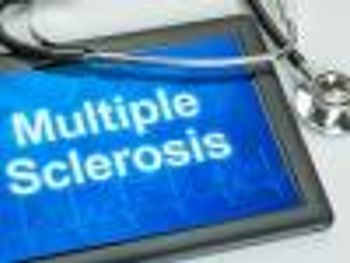
Providers need to monitor lack of physical activity and poor diet among patients with multiple sclerosis.
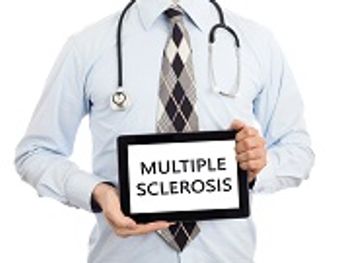
Majority of patients do not adhere to dietary guidelines set by the US Department of Agriculture.

Symptoms significantly worsened in patients treated with MS drug alemtuzumab.

Top news of the day from across the health care landscape.

Improved treatment options for patients with relapsing-remitting multiple sclerosis and primary progressive multiple sclerosis.
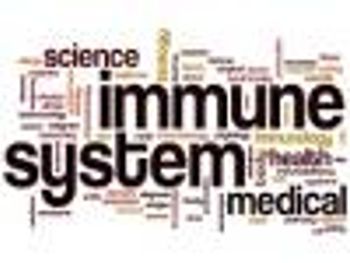
Investigators identify factors that contribute to the chronic nature of autoimmune diseases.

Top news of the day from across the health care landscape.
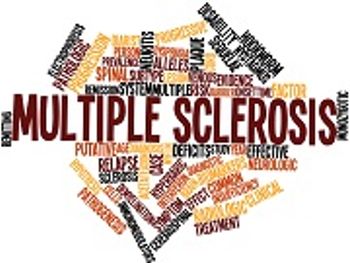
A 30% increase in hemoglobin caused the brain to shrink in patients with multiple sclerosis by 0.1%.

Brain shrinkage in patients with multiple sclerosis may be linked to leaked hemoglobin protein.

Babies born with low levels of vitamin D face an increased risk of developing MS in the future.

The FDA has extended the Prescription Drug User Fee Act date for the Biologics License Application review of Roche’s Ocrevus (ocrelizumab) to March 28, 2017.

Patients with serious illness who receive palliative care were more satisfied with their health care.

Patients share their personal stories with Specialty Pharmacy Times.

Ocrelizumab achieves primary endpoints treating primary progressive multiple sclerosis.

Ocrevus is an investigational, humanized monoclonal antibody that may improve multiple sclerosis treatment.

FDA extends biologics license application review for MS drug ocrelizumab (Ocrevus) to allow for more information on manufacturing process.

ICER seeks comment on the effectiveness and value of disease modifying therapies for relapsing remitting and primary progressive multiple sclerosis.
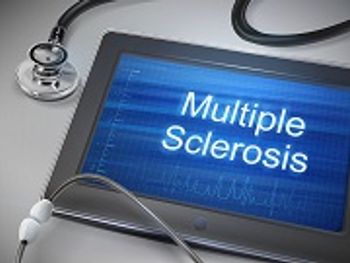
ICER seeks data on the effectiveness and value of disease modifying therapies for relapsing remitting and primary progressive multiple sclerosis.